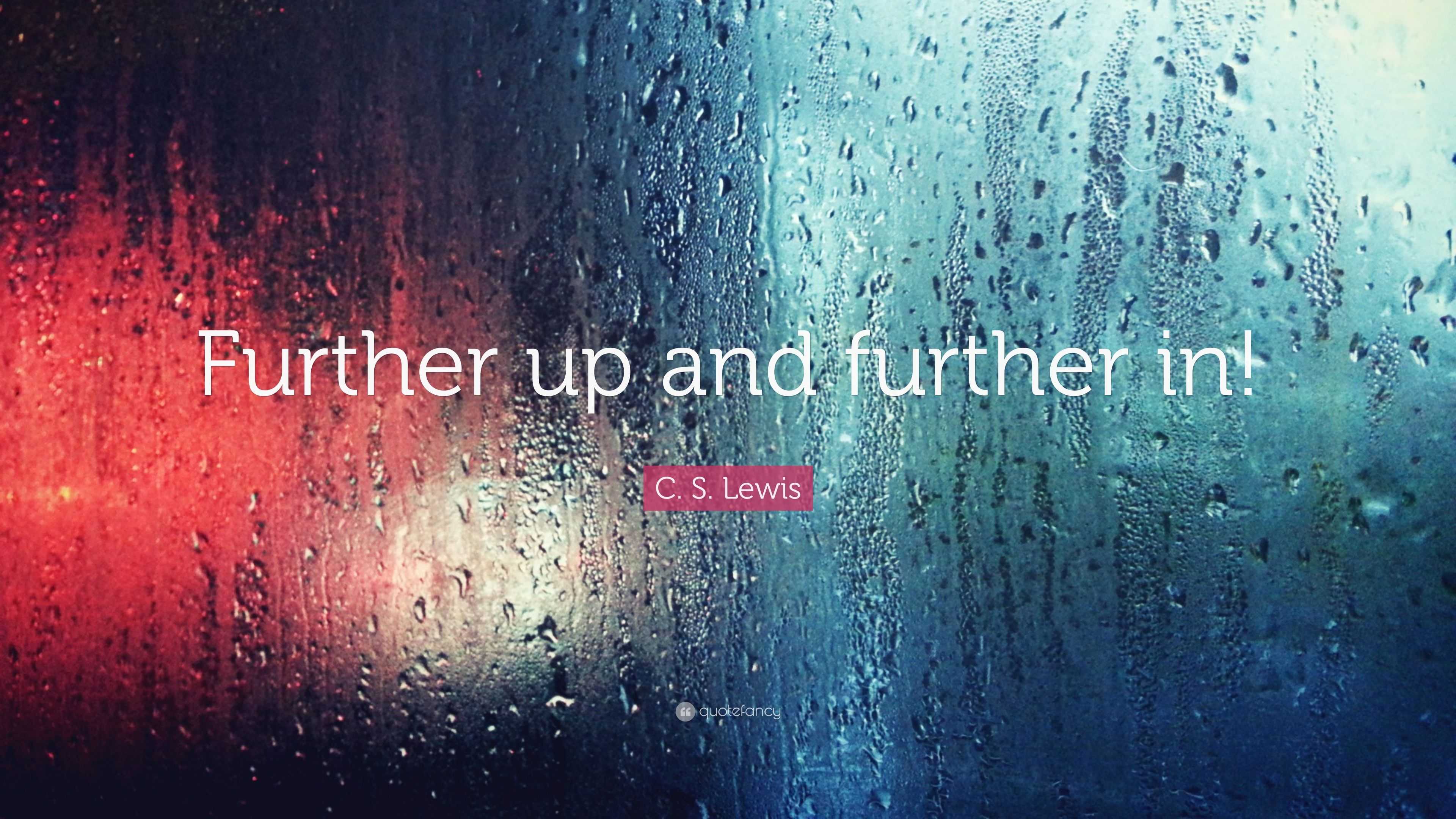Someday. Probably after I am forced out to pasture as being way too old to be of any help to students anymore I will sit down and work through all the blogs from over the years here at this little collection of musings and try to see how many times a certain theme pops up. I ran a search on “virtue” and found 7 pages of truncated (just showing first few lines) articles on the subject. I have been writing on this blog since 2005 or so. I am not really consistent, but in that time the thoughts have accumulated. Here is more.
We believe in virtue despite our best attempts to not be held responsible for such. I hear regularly the old subjectivism that truth, virtue, the rules, morals, etc. are a personal thing that each of us has to form for ourselves…until there is a virtue we want others to agree to. Virtue implies a norm, a standard, something beyond me that speaks to how I ought to live. For me, this is a number of collected oracles that all speak to me about God’s will for my life. The Scriptures, the Church and its traditions, something we call natural law, and certainly to some extent my own time and culture. I don’t mind having multiple sources of moral authority, as long as I am fairly sure they are coming from the same ultimate Source. My own time and culture is the least authoritative, but also seems the most insistent if I am not careful.
To the extent that one listens intently, carefully, quietly to moral instruction of Scripture, using every faithful means to obtain that instruction mentioned above, one finds their views at odds with those listening to another source of morals. If one engages in true dialogue with the other, this can be an experience of growth and broadening. But often dialogue is broken by our clinging to our limited knowledge of our chosen source of moral teaching. It is not the source that is at fault, it is our fear of having our understanding shaken. I was reminded of this recently in working back through Dante’s Purgatorio in which Dante has his world shaken by blinding light right as he thinks he has arrived at paradise. In short, Beatrice comes along and shows him that all his learning so far has been insufficient to ready him for the glories in store in Heaven.
So that is where I came out on the other end of my thinking. I love teaching, and I love watching young minds wrestle their way toward a better understanding of what they believe is true. But none of us, in this life, “get there.” We are all still seeking to know more. And the next life is more of the same. Perhaps the most contentious and dangerous place in this life to be is think you have it figured out. I am not dismissing all that I do know about truth, goodness, and beauty, I am just saying that if my theory is true, all that I know now, placed up against all I have yet to learn, looks fairly small and should cause humility.
Humility is not disengagement, but rather a way of engaging that does not fear being wrong, or being limited in how one understands something. True humility does not back away from truth but rather boldly plunges further in with those powerful and wonderful words, “I don’t yet know this as I would like to.”


